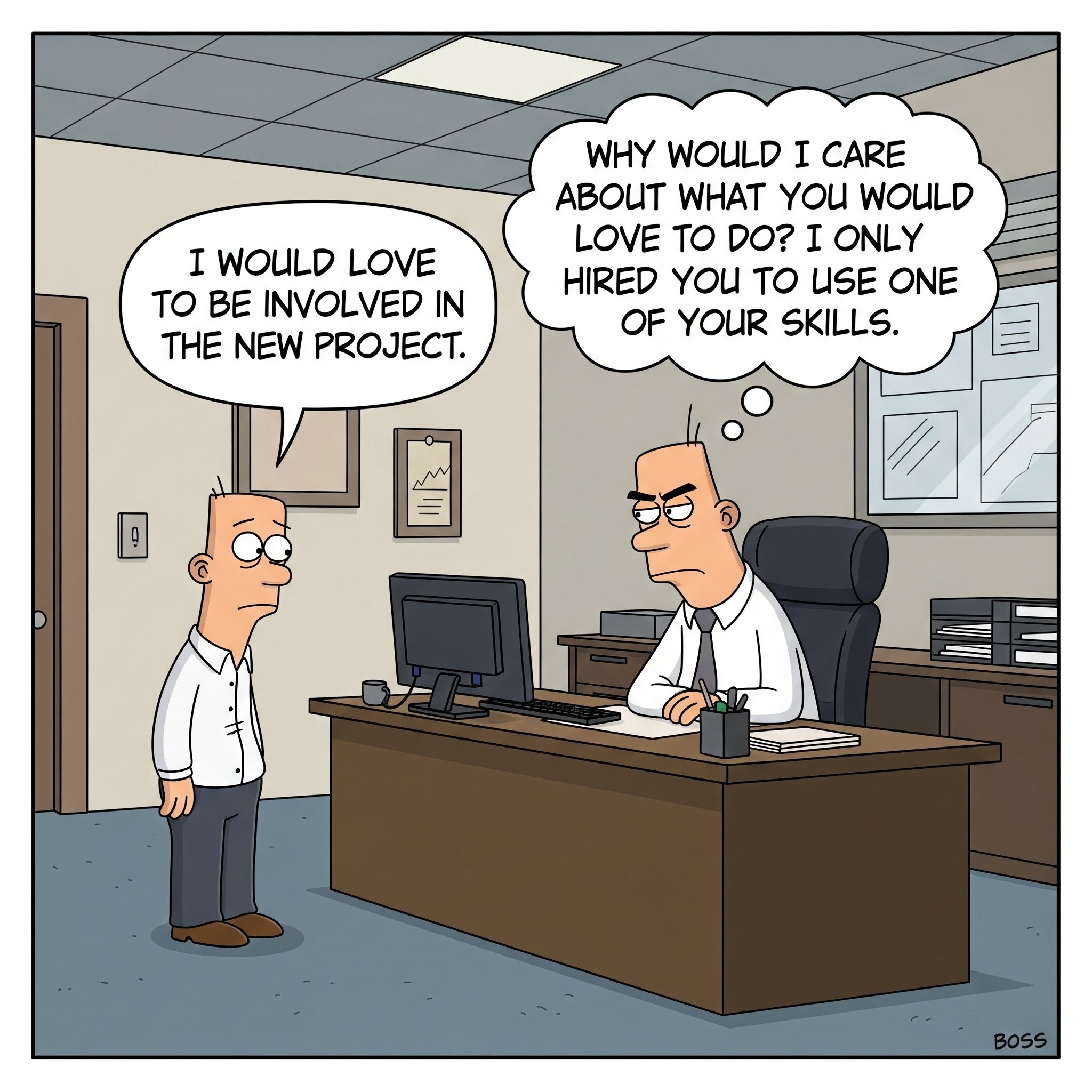
Why Hiring Only for Skills Is Short-Sighted

(And What Hiring Managers Should Focus on Instead)
In today’s competitive job market, hiring managers often zero in on skills—hard, demonstrable, measurable abilities. It makes sense on the surface: hiring someone who “checks all the boxes” feels like a safe, efficient choice.
But here’s the truth:
Skills tell you what someone can do. Motivation tells you what they’ll actually do.
In a world where roles evolve, technologies change, and challenges multiply, hiring purely based on skills isn’t just short-sighted—it’s risky.
Let’s talk about why.
1. Skills Can Be Taught. Motivation Can’t.
You can train someone to use software.
You can’t train someone to care about learning it.
When you hire for intrinsic motivation—that internal drive that pushes someone to solve problems, grow, and contribute—you’re hiring for long-term performance. Not just initial capability.
A highly motivated candidate with 70% of the skills will almost always outperform a disengaged candidate with 100%.
2. Motivation Fuels Skills Development
Skills don’t develop in a vacuum.
They grow from curiosity, resilience, and creative problem-solving—all rooted in intrinsic motivation.
Want to know who’s going to outlearn their peers, adapt to change, and take initiative?
Look for the person who’s driven by:
-
Mastery
-
Challenge
-
Innovation
-
Purpose
These aren’t “soft traits”—they’re predictors of real, measurable success.
3. Creative Thinking Comes From Intrinsic Drive
Skills can tell you if someone knows how to do something.
But creative thinking—the kind of thinking that solves problems, improves processes, and innovates new solutions—comes from motivation.
The most creative contributors aren’t always the ones with the most credentials.
They’re the ones who are deeply interested in the work. Who ask why and what if. Who show up with energy because the challenge matters to them.
Hiring for skill only ignores this superpower.
4. Skill Fit ≠ Role Fit
One of the biggest mistakes hiring managers make is assuming that a skills match equals a role fit.
But if the role doesn’t align with a person’s motivational DNA—what they value, how they prefer to work, what excites them—they may quickly disengage.
And then you’re back to square one.
Hiring for motivation + potential creates sustainable fit and long-term value—not just a short-term match.
5. The Future of Work Is Dynamic. So Should Your Hiring Be.
The roles of tomorrow don’t even exist today.
That means you can’t just hire for current skills—you need to hire for growth potential.
People with strong internal motivation:
-
Learn faster
-
Adapt better
-
Stay longer
-
Lead more effectively
And they’re exactly who you want building the future of your organization.
The Bottom Line: Hire for the Why, Not Just the What
If you’re only hiring for skills, you’re missing the bigger picture.
📍 Skills are the tools.
📍 Motivation is the engine.
📍 Creative energy is the spark.
Together, they build teams that perform, innovate, and last.
Start asking:
🔍 What motivates this person?
🔍 What drives them to grow?
🔍 What problems do they want to solve?
That’s how you build a team built for both now and next.


